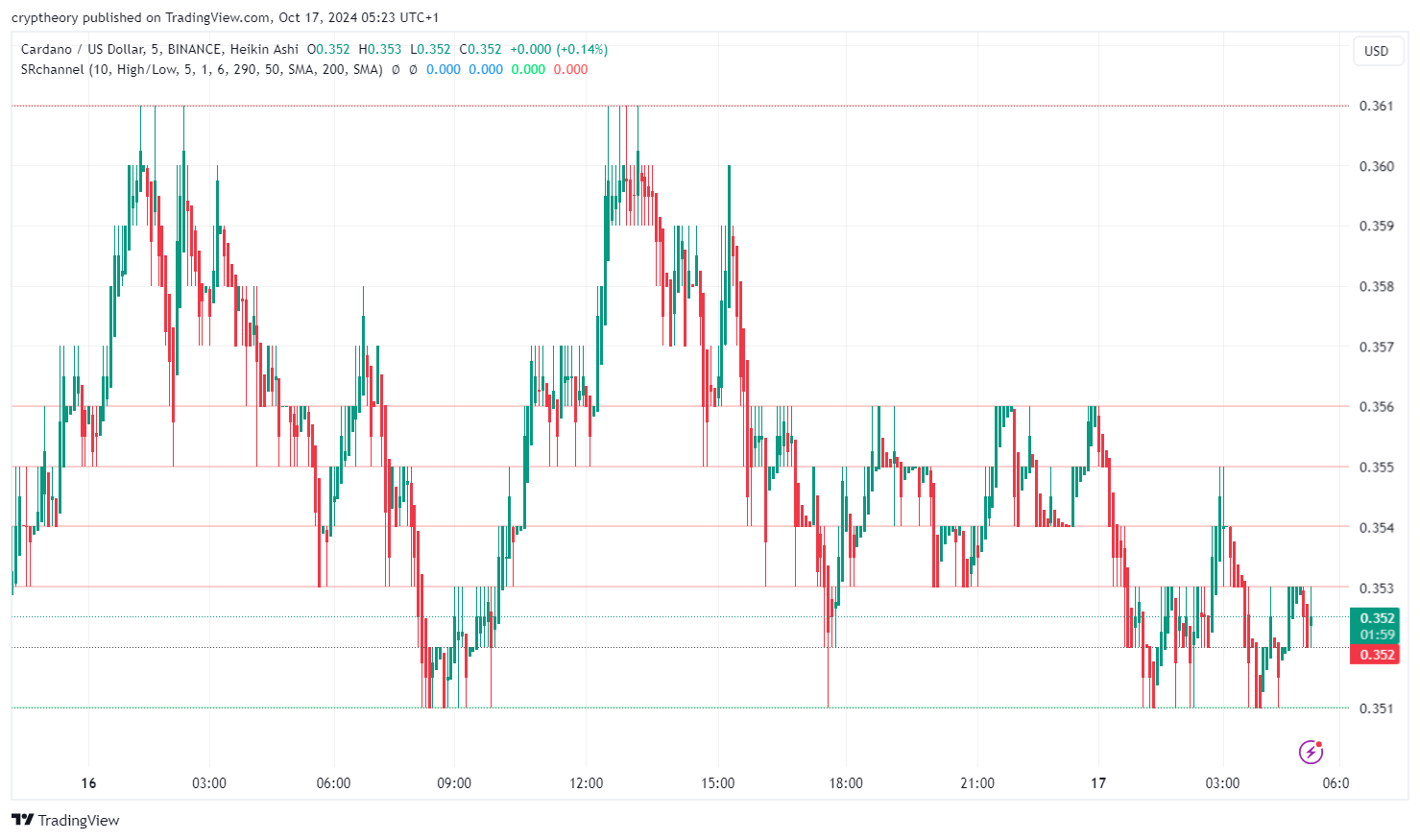Last week, an anonymous group of developers launched SushiSwap, a clone of Uniswap with a few improvements. While many in the ETH and DeFi project community laughed, it quickly became a DeFi giant. 72 hours after launch, a $ 1 billion cryptocurrency was locked in the protocol.

It came as no surprise that the project code was used to forks other developers trying to capitalize on the success of SushiSwap.
A number of dubious protocols have emerged from SushiSwap
SushiSwap code has been used to fork a number of protocols, including YUNO, Kimchi, Pizza and many other food-themed coins. All of these tokens wanted to stack tens of millions of dollars in capital, with BitMEX CEO Arthur Hayes and others in the industry commenting best on the most remarkable fort, Kimchi.
These projects did not provide any real value compared to SushiSwap, but they still managed to draw capital with a high return on stake pools. These yields were obtained by strongly pumping the native cryptocurrency offer of each protocol.
While the early users of these projects earned large sums of ETH for investing capital in these funds, much of the additional money was lost on these SushiSwap forks. But when coins listed on Uniswap drops significantly in a short period of time, in the order of tens of percent …
Regardless, anonymous developers who are trying to make a name for themselves continue with forking SushiSwap. As pointed out by Joe McCann, a Microsoft engineer and cryptocurrency trader, SushiSwap is now the second most popular repo on GitHub.
Gas fees are rising as strange Defi projects gain momentum
The cost of sending Ethereum – gas charges – has risen as these strange DeFi projects have attracted millions of dollars’ worth of capital through their staking pools and decentralized exchanges. According to GasNow, gas charges have reached a historic high of 700 Gwei.
That means you pay about $ 7 for just sending ETH from address to address, $ 15 for sending ERC-20 tokens, $ 60 for trading on Uniswap, and much more if you want to take advantage of all the features in a decentralized financial ecosystem.
Analysts said these record transaction fees are likely to curb the rise of DeFi.
Jacob Franek, co-founder of blockchain data firm Coin Metrics, said:
“Not yet just saying it places a natural hard cap on how far this can run. Traders will only pay that much if they’re perfoming significantly well.”
Image source: Yahoo finance






















